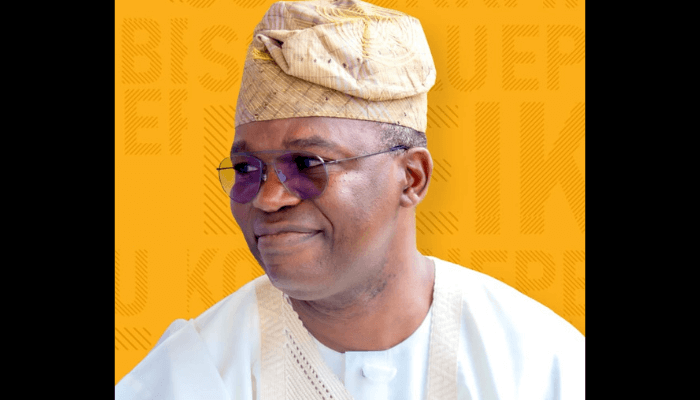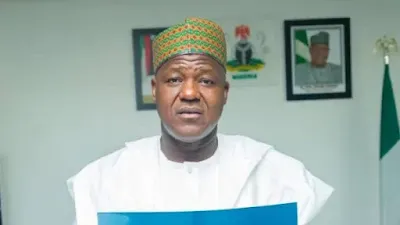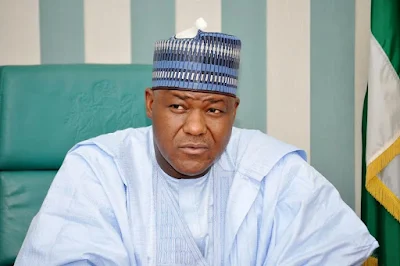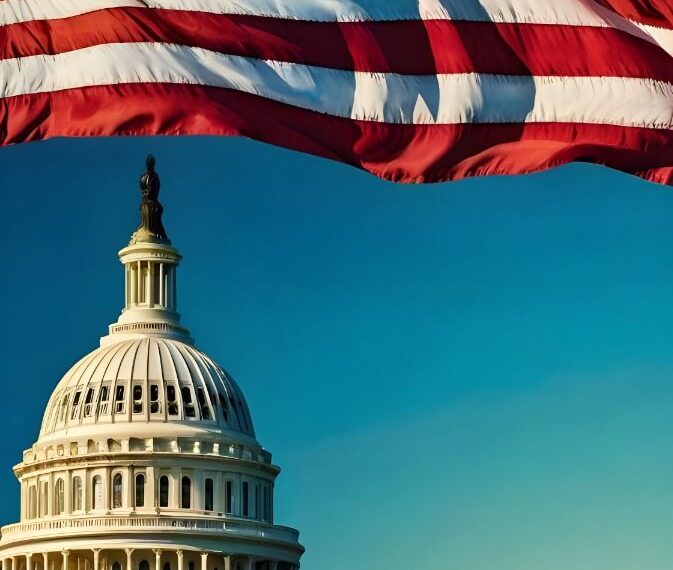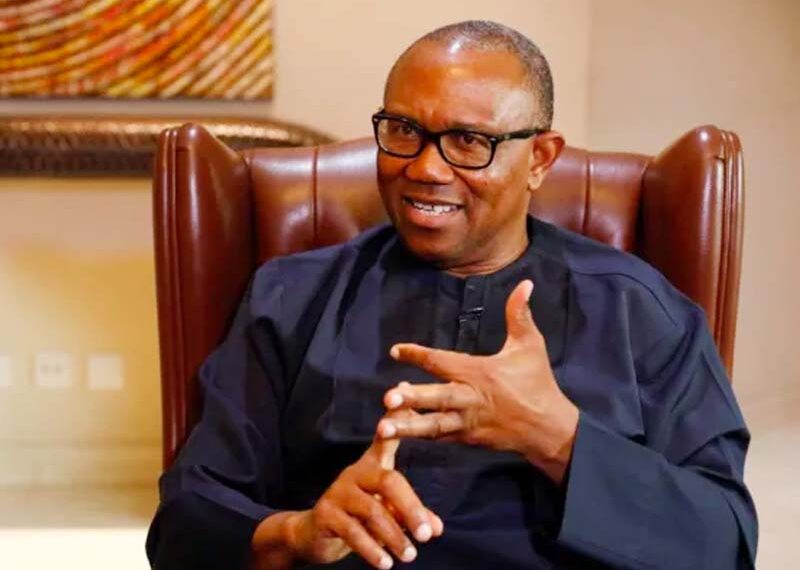During President Muhammadu Buhari’s tenure, Nigeria experienced a significant outflow of funds to foreign healthcare systems, with estimates indicating that Nigerians spent over $3.6 billion annually on medical treatments abroad. This trend, often referred to as “medical tourism,” has been a subject of concern for both the government and citizens.
The Scale of Medical Tourism
Reports from various sources highlight the substantial financial drain caused by medical tourism. In 2019, President Buhari acknowledged that Nigeria lost approximately N400 billion annually to medical trips abroad . This figure underscores the significant impact on the nation’s foreign reserves and raises questions about the adequacy of domestic healthcare services.The Guardian NigeriaTribune Online+1Vanguard News+1
Government’s Response and Initiatives
In response to the growing concern, the Nigerian government has initiated several programs aimed at improving the healthcare sector. For instance, the Central Bank of Nigeria (CBN) established the N100 billion Healthcare Sector Intervention Fund, later expanded to N200 billion, to provide credit support for the healthcare sector through long-term, low-cost financing . Additionally, the Nigerian Sovereign Investment Authority (NSIA) invested in establishing diagnostic centers and a cancer treatment center to enhance local healthcare infrastructure.Tribune Online
Public and Professional Reactions
Despite these efforts, the practice of seeking medical treatment abroad remains prevalent among Nigeria’s political elite. This has led to criticism from healthcare professionals and civil society organizations. The Nigerian Medical Association (NMA) has repeatedly called for reforms to address the underlying issues contributing to medical tourism, including inadequate healthcare facilities, poor working conditions for medical staff, and the emigration of healthcare professionals seeking better opportunities abroad .Leadership News
Looking Ahead
As Nigeria continues to grapple with the challenges of medical tourism, there is a growing call for comprehensive reforms in the healthcare sector. Experts suggest that investing in healthcare infrastructure, improving the welfare of medical professionals, and implementing policies that encourage the retention of healthcare workers could reduce the reliance on foreign medical services. The ongoing debate underscores the need for a concerted effort to build a robust healthcare system that meets the needs of all Nigerians.



